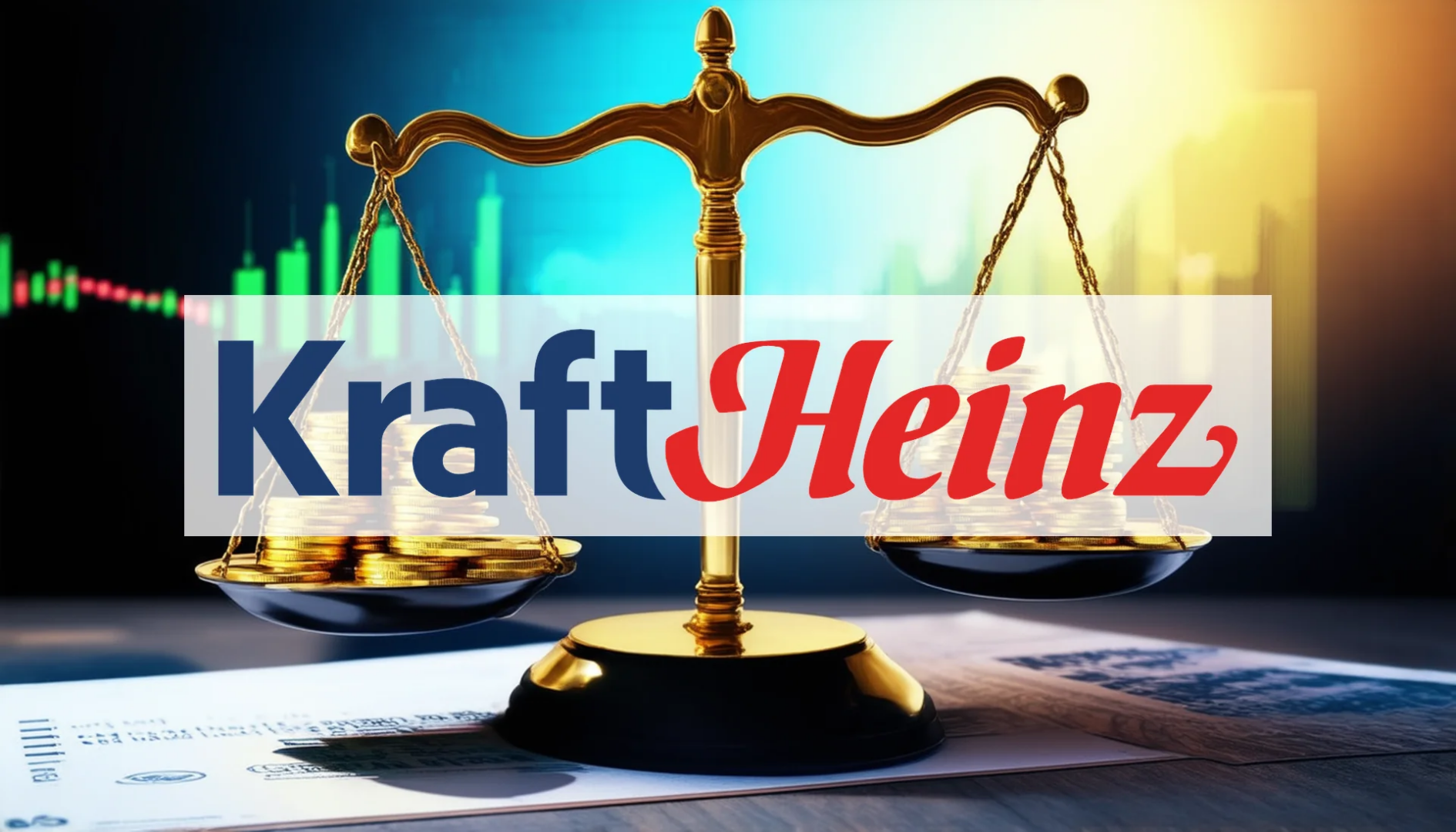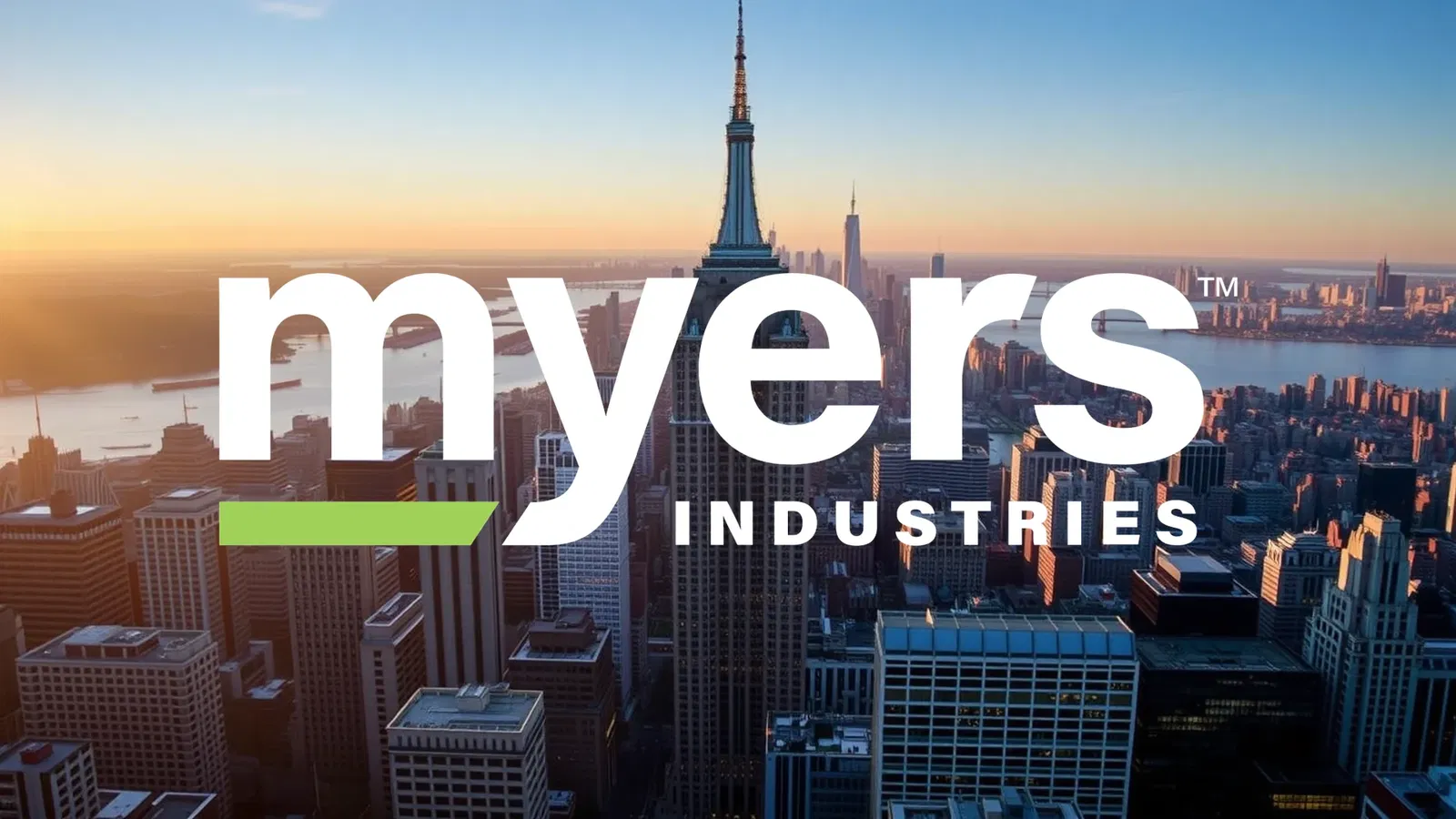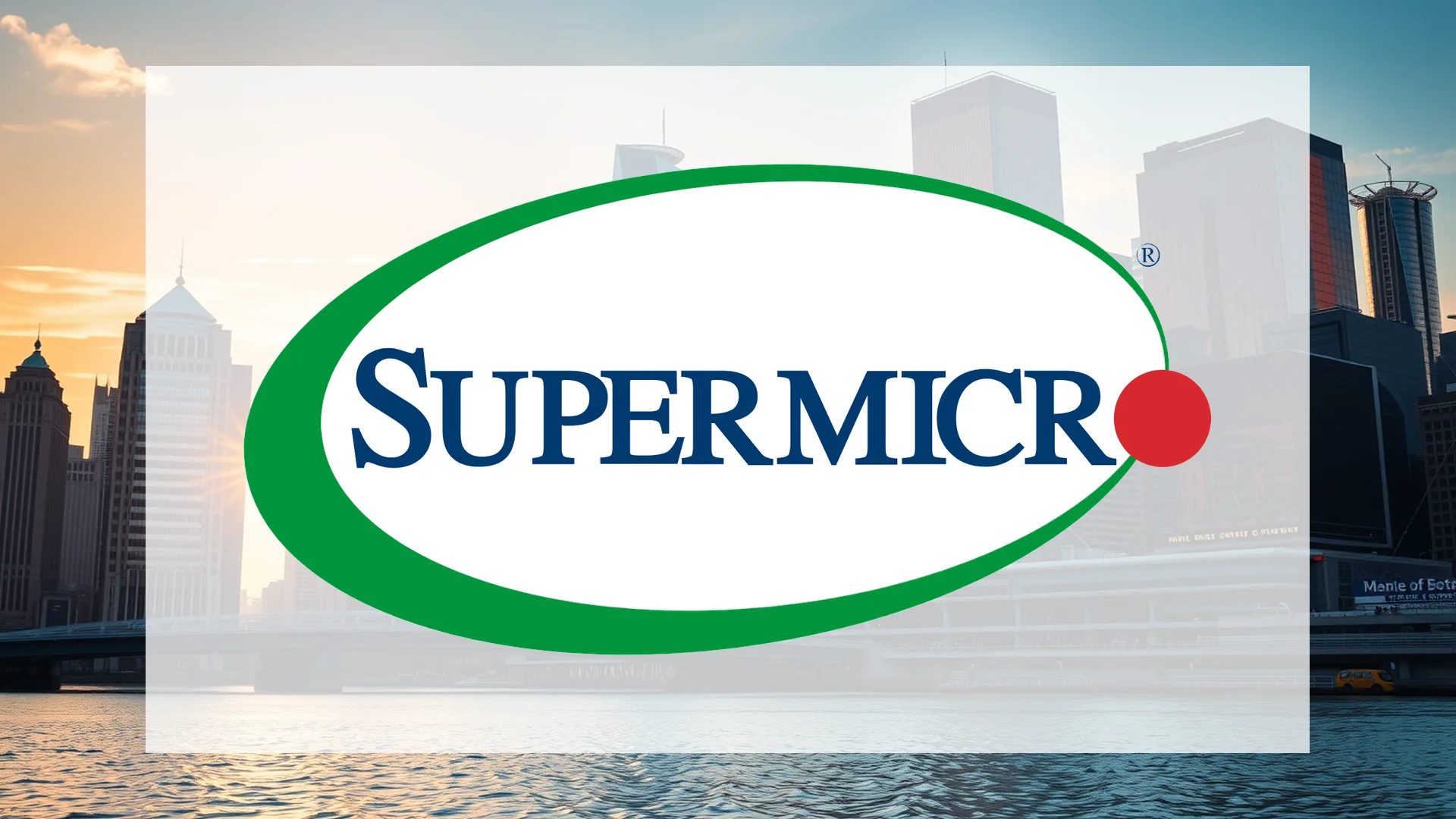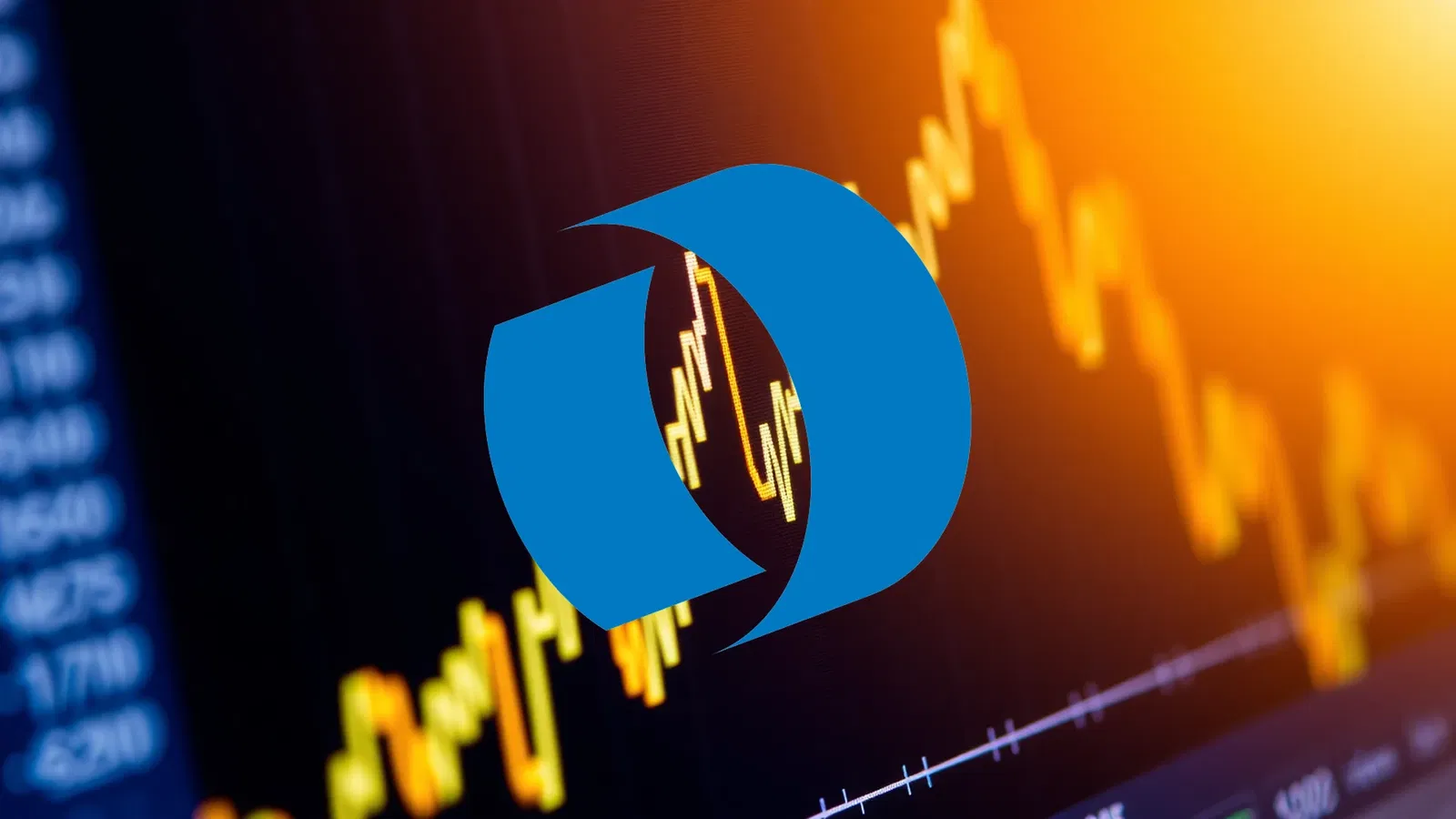In a dramatic reversal of corporate strategy, food industry titan Kraft Heinz has announced plans to split into two separate publicly traded companies. This move effectively unwinds the blockbuster merger celebrated nearly a decade ago. The separation, targeted for completion by mid-2026, raises a fundamental question: can this radical corporate surgery repair the damage many believe was caused by the 2015 union?
Market Reaction and Underlying Pressures
The announcement in early September sent immediate shockwaves through the market. Investors responded by driving the share price down approximately 7%, a clear signal of their apprehension regarding the future trajectory of the two proposed entities.
This drastic corporate restructuring stems from persistent challenges. Kraft Heinz has been contending with years of sluggish sales performance and a steadily declining market valuation. The company’s 2024 net revenues contracted by 3%, serving as a potent indicator that its growth-through-scale strategy has ultimately failed to deliver.
The Anatomy of a Split
The proposed separation will create two distinct companies with divergent portfolios and prospects.
One entity, tentatively named Global Taste Elevation Co., will inherit the company’s most valuable and dynamic brands. This portfolio includes powerhouse names like Heinz ketchup, Philadelphia cream cheese, and Kraft Mac & Cheese. This business is viewed as the stronger growth engine with superior profitability.
Should investors sell immediately? Or is it worth buying Kraft Heinz?
The second company, North American Grocery Co., will assume stewardship of the portfolio’s more challenged assets. This includes brands such as Oscar Mayer, Maxwell House, Kraft Singles, and Lunchables. These products have been losing their market luster for an extended period and struggle to maintain relevance, particularly with younger consumer demographics.
Divergent Views from Prominent Figures
The planned split has drawn mixed reactions from influential market voices. Notably, Warren Buffett, whose Berkshire Hathaway is the largest shareholder, has expressed skepticism. He offered a blunt assessment, stating, “It was not a brilliant idea to put them together in the first place—but I don’t think splitting them up solves the problem either.”
Conversely, some analysts perceive the subsequent share price decline as a potential buying opportunity. Morgan Stanley upgraded the stock to an “Equal Weight” rating, contending that the market valuation now appears more realistic. Their analysis suggests the most severe part of the company’s downward trend may have already passed.
A Strategic Reckoning
Ultimately, the decision to break apart represents a stark admission: the 2015 mega-merger did not achieve its intended goals. Instead of generating powerful synergies, it created an unwieldy corporate giant that failed to adapt nimbly to shifting consumer preferences. The critical question that remains is whether two more focused, agile companies can succeed where a single large conglomerate could not.
Ad
Kraft Heinz Stock: Buy or Sell?! New Kraft Heinz Analysis from February 7 delivers the answer:
The latest Kraft Heinz figures speak for themselves: Urgent action needed for Kraft Heinz investors. Is it worth buying or should you sell? Find out what to do now in the current free analysis from February 7.
Kraft Heinz: Buy or sell? Read more here...










